
GHANAIAN households have been urged to cultivate the habit of creating emergency funds as part of efforts to build financial resilience and safeguard against unexpected economic shocks.
The Head of Retail Banking at First National Bank (FNB), Ms Akweley Laryea, said this had become crucial in helping families prepare adequately for financial crises and avoid falling into cycles of unplanned borrowing.
She was speaking during a session of Money Conversations, a programme designed to educate spouses and households on how to avoid debt traps and manage personal finances more effectively.
She explained that many families in the country were only one emergency away from financial distress.
“In spite of this, most people still don’t have money saved for a rainy day, and without a savings buffer, families often turn to unplanned borrowing just to get by, and end up paying high interest that eats into future income,” she said.
According to her, one of the most important steps towards financial security was to normalise open discussions about money at the household level.
“It’s not just about budgeting; it’s about creating a shared understanding and plan for your household’s finances. This starts with honest conversations about what each person earns, what debts you have, what worries you and what you are working towards,” the Head of Retail Banking at First National Bank said.
She noted that money discussions were often avoided in many households, either because people grew up in environments where finances were never openly discussed or because of deep-seated anxieties about debt.
“It’s very common for one partner to carry the mental load while the other avoids the topic entirely. That silence often leads to confusion or mistrust, especially when a crisis hits and there is no mutually agreed plan in place,” she stressed.
To address this, Ms Laryea advised couples and families to set aside regular time for a financial “check-in” to review budgets, track spending and agree on how to handle emergencies.
“Even GH¢200 or GH¢500 a month saved consistently can make a big positive difference. Over time, aim to build up to at least three months of essential expenses and build from there,” she added.
She emphasised that consistency in cultivating a savings habit mattered more than the size of the monthly contribution, adding that savings for emergencies should ideally be kept in a separate account that was easily accessible but distinct from day-to-day spending.
“For example, First National Bank’s Savings Pocket linked to your transactional account is a good way to save for emergencies because it helps you avoid spending money on impulse purchases,” she said.
Beyond emergencies, Madam Akweley encouraged families to match their savings products with their financial goals.
She explained that shorter-term needs such as holiday plans or school fees should be funded through flexible accounts, while long-term aspirations such as retirement or property ownership required fixed deposit or investment products.
“There is a secret to match the product to the goal,” she explained.
“A family saving for December holidays should not be locking that money into a five-year investment. If you are thinking long-term, then you can take on a bit more risk to achieve better growth with any of the First National Bank Fixed Deposit accounts.”
She stressed that effective money management was not only about protecting finances but also about safeguarding relationships.
BY KINGSLEY ASARE
The post Build emergency fund to strengthen financial resilience – FNB Head of Retail Banking appeared first on Ghanaian Times.
Read Full Story
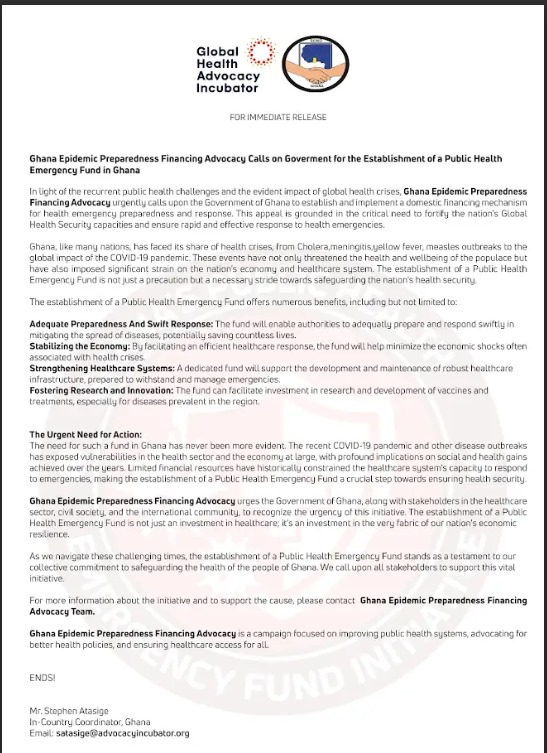

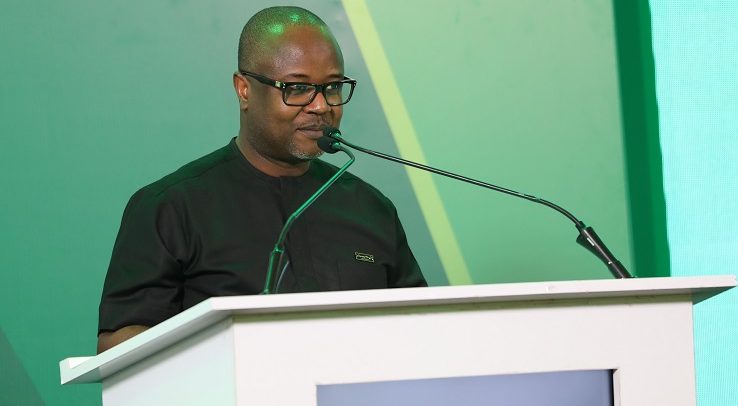


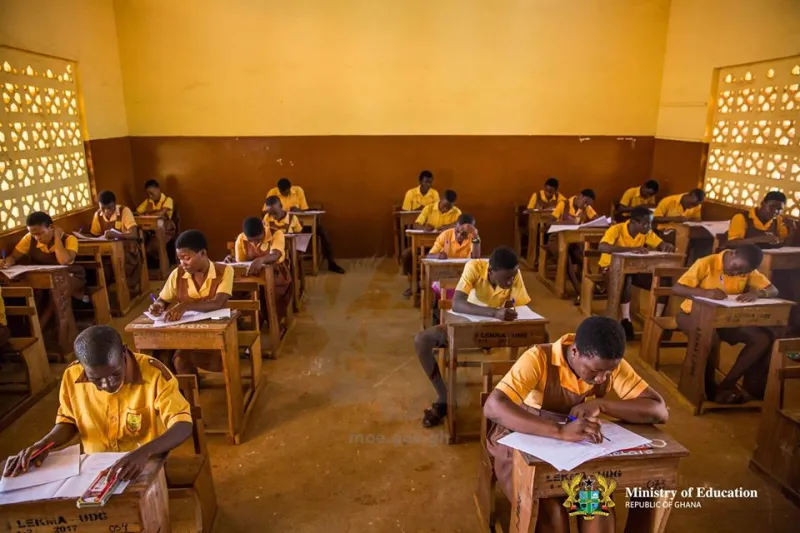






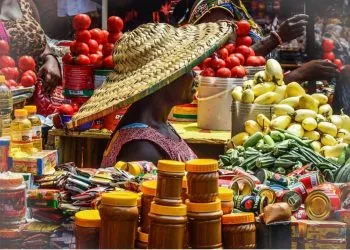

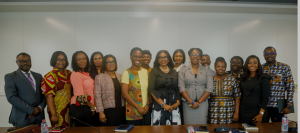

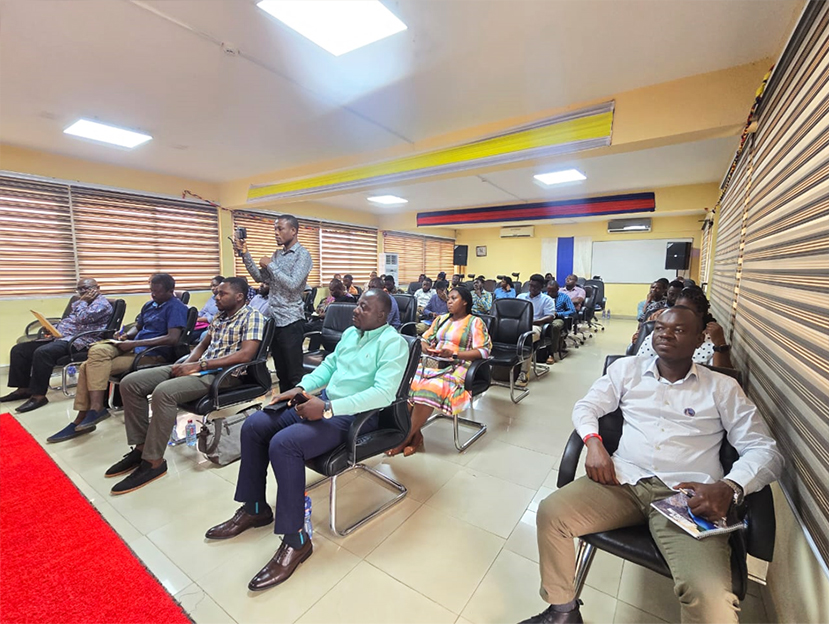
Facebook
Twitter
Pinterest
Instagram
Google+
YouTube
LinkedIn
RSS